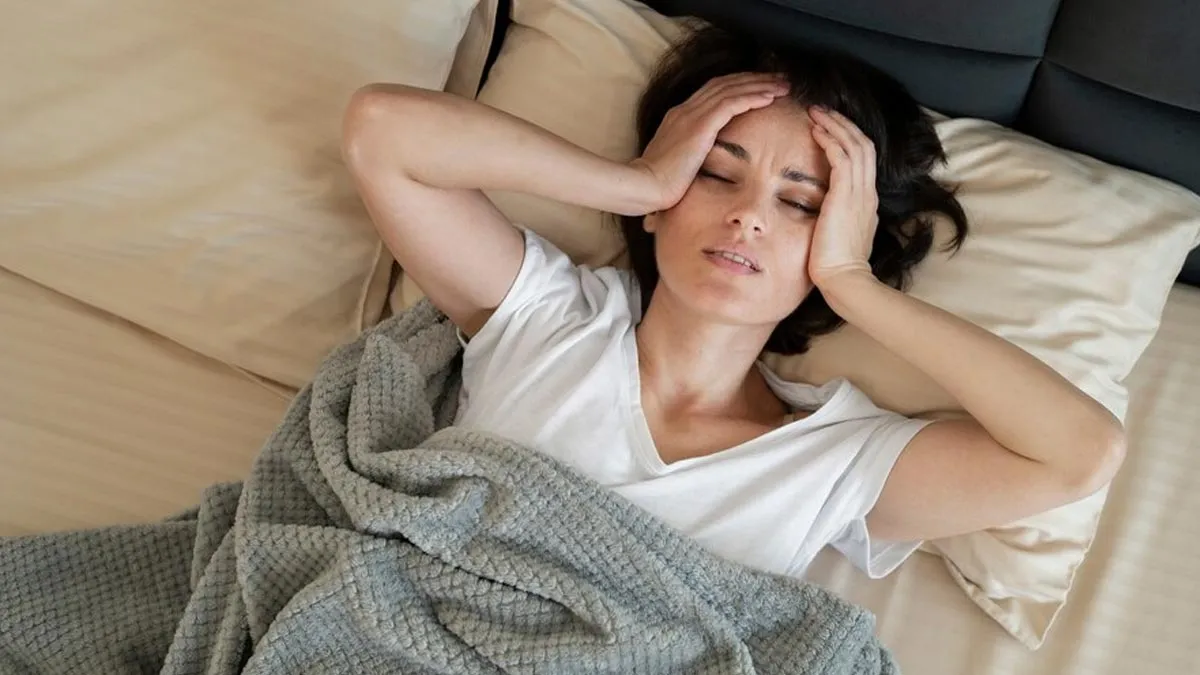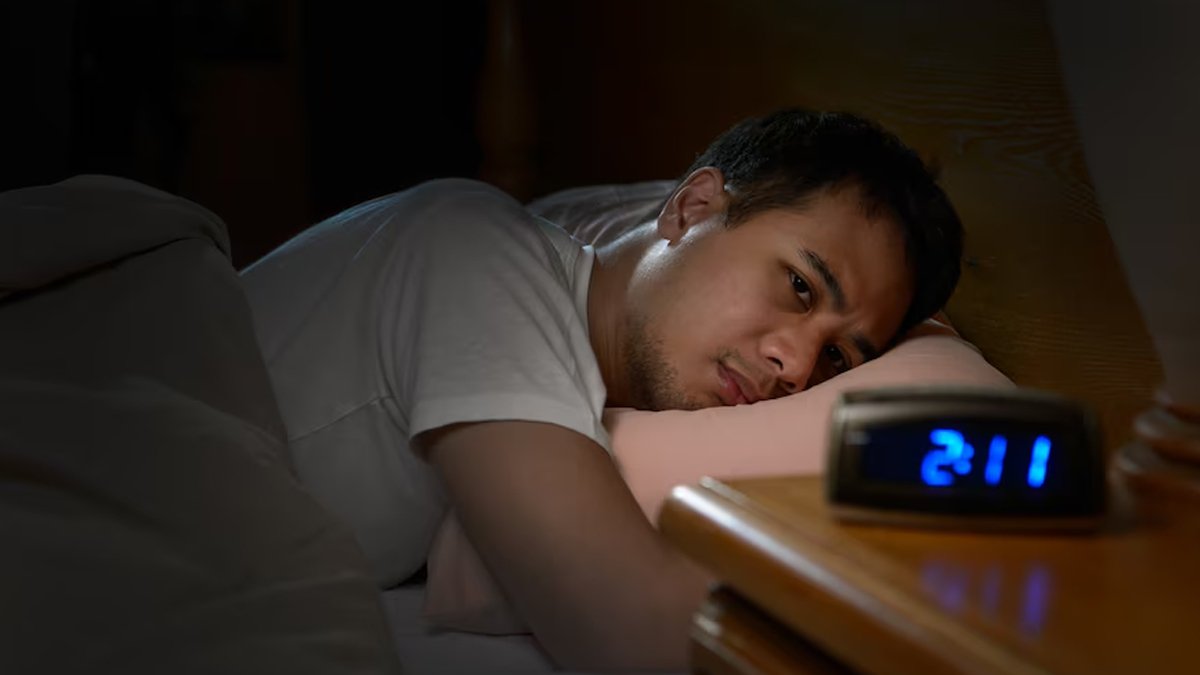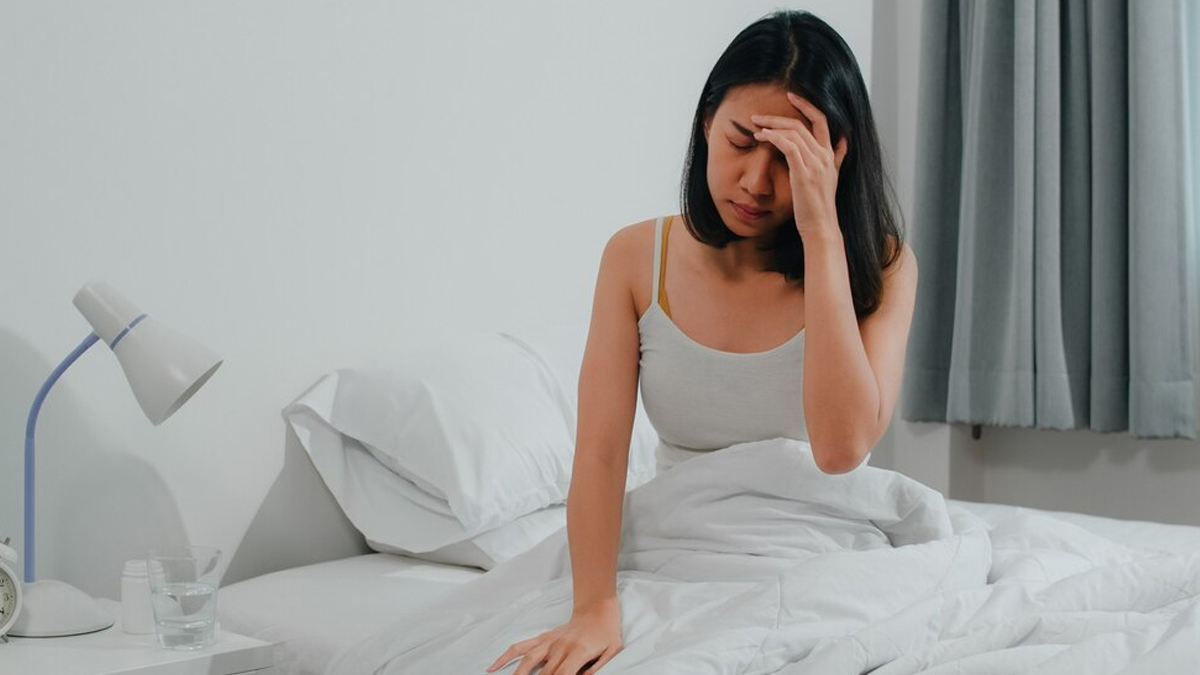
We tend to think of sleep as the time when our brains shut down for good, but in fact, what's around us, particularly sound, has great influence on how well we sleep. From the gentle patter of rain to machines that produce white noise, numerous people claim that there are sounds that put them into slumber more quickly and keep them there longer. But is there any science to it, or is it placebo? We exclusively spoke to our expert, Dr Bhumesh Tyagi, Consultant, General Medicine and Physician, Shardacare, Health City, Noida, and he explained to us what we need to know to rest well and sleep better.
Table of Content:-
Why Sound Matters during Sleep
Sleep is a sensitive process depending both on our internal body cycles and external signals. While sudden or loud sounds may startle us awake, soft, repeated sounds may actually enhance better sleep by:
- Masking annoying sounds (such as traffic or barking dogs)
- Encouraging relaxation prior to bed
- Evoking positive responses to calmness and comfort
- Our brains keep processing sound even during sleep, so the right type of audio stimulus can disrupt or improve our sleep.
Types of Sounds Which Can Enhance Sleep
According to Dr Tyagi, there are certain types of sounds which can help enhance our sleep and it’s quality. These may include:
1. White Noise
White noise is continuous sound with all frequencies present in equal intensity, like static from a TV or the sound of a running fan. It serves to cover up background noise, so it's particularly beneficial to individuals staying in noisy metropolises or families.

Also Read: Can a Few Minutes of Meditation Really Change Your Day? Find Out Here
2. Pink Noise
In contrast to white noise, pink noise reduces the level at high frequencies, producing a softer and more natural sound, imagine gentle rain or leaf rustling. Research indicates that pink noise can enhance deep sleep quality and memory consolidation.
3. Brown Noise
Thicker and more bassy than white or pink noise, brown noise is like thunder or intense gusts of wind. Some find it more relaxing, especially if they are sensitive to high frequencies.
4. Nature Sounds
Waterfalls, ocean waves, and rain are common sleep aids. These sounds replicate the natural world our bodies developed in, inducing relaxation and reducing stress hormones.
5. Binaural Beats
This method employs two frequencies slightly off from each other in each ear, which leads to a sense of a beat. Specific frequencies are thought to induce relaxation and even align brainwaves to aid in sleep, although more studies are required.
6. Calming Music
Soft instrumental music, particularly low-pitch, slow-tempo tracks, can decrease heart rate, reduce anxiety, and signal the body to prepare for sleep.
What the Research Says
One study in Frontiers in Human Neuroscience reported that pink noise enabled older adults to sleep more soundly and restfully.
Another trial revealed that relaxing music prior to bedtime enhanced sleep quality for those suffering from insomnia.
White noise has been clinically shown to minimise sleep disturbances in noisy hospital settings, particularly for newborns and patients.
While reactions differ from individual to individual, everybody agrees that sound can be a valuable aid in enhancing sleep onset and sleep quality.

How to Use Sounds to Sleep Better
Here’s how you can use sounds to sleep better:
- Select the proper sound for you: Experiment with apps, white noise machines, or playlists to determine what type feels most calming.
- Keep volume low: Sounds must calm, not activate. Strive for a quiet background level.
- Be consistent: Hearing the same sound every night may train your brain to identify it as a sleep signal.
- Combine with good sleep hygiene: Avoid caffeine, maintain a routine, and establish a dark, cool setting for optimum effectiveness.
Bottomline
Some sounds, whether rain, white noise, or soothing music, can improve your sleep by covering up disturbances, inducing relaxation, and even stimulating deep sleep. While everyone is unique in their preferences, trying varying audio environments might be an easy, drug-free solution to enhance the quality of your sleep.
Also watch this video
How we keep this article up to date:
We work with experts and keep a close eye on the latest in health and wellness. Whenever there is a new research or helpful information, we update our articles with accurate and useful advice.
Current Version
Sep 11, 2025 16:12 IST
Published By : Chanchal Sengar